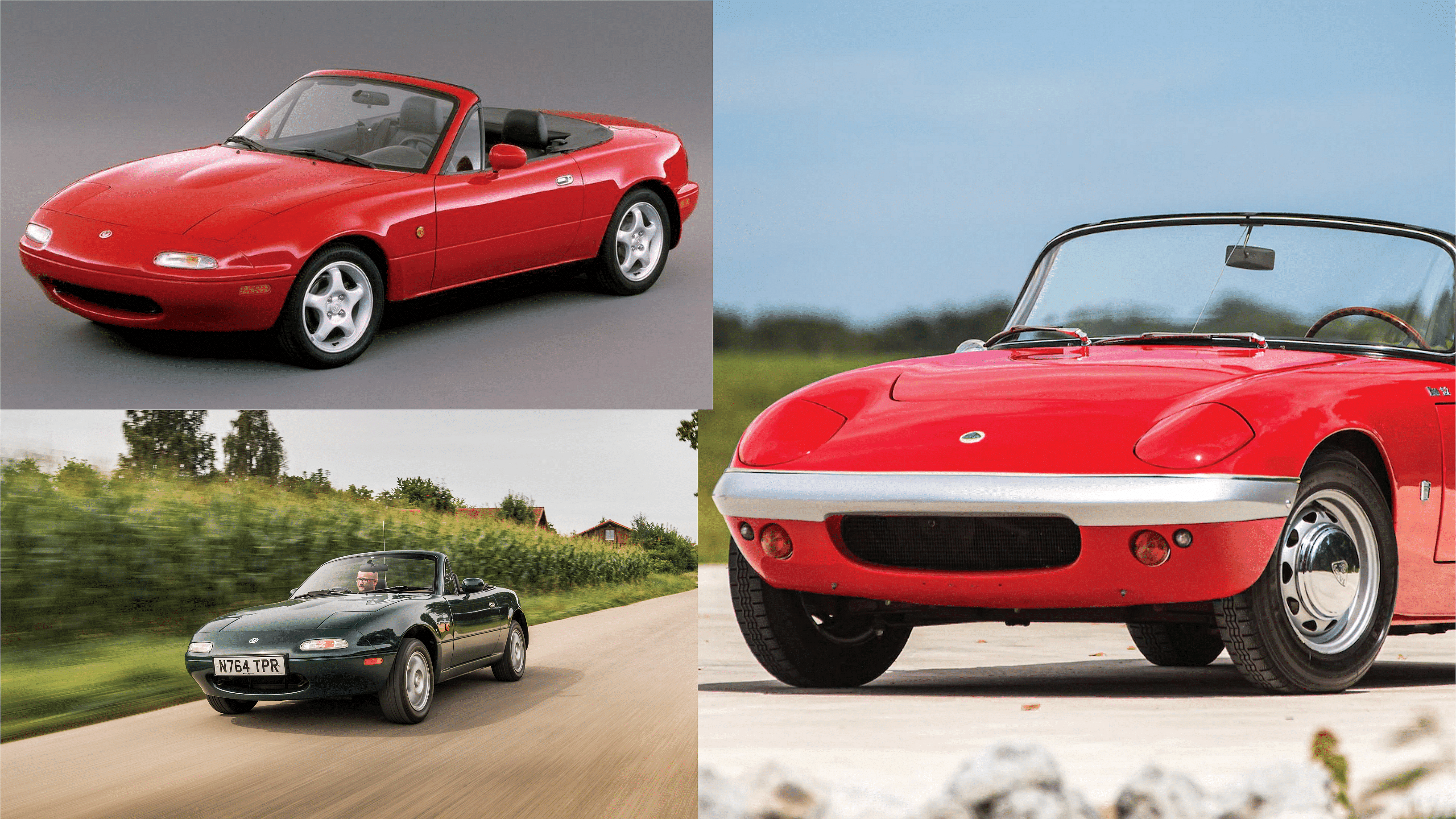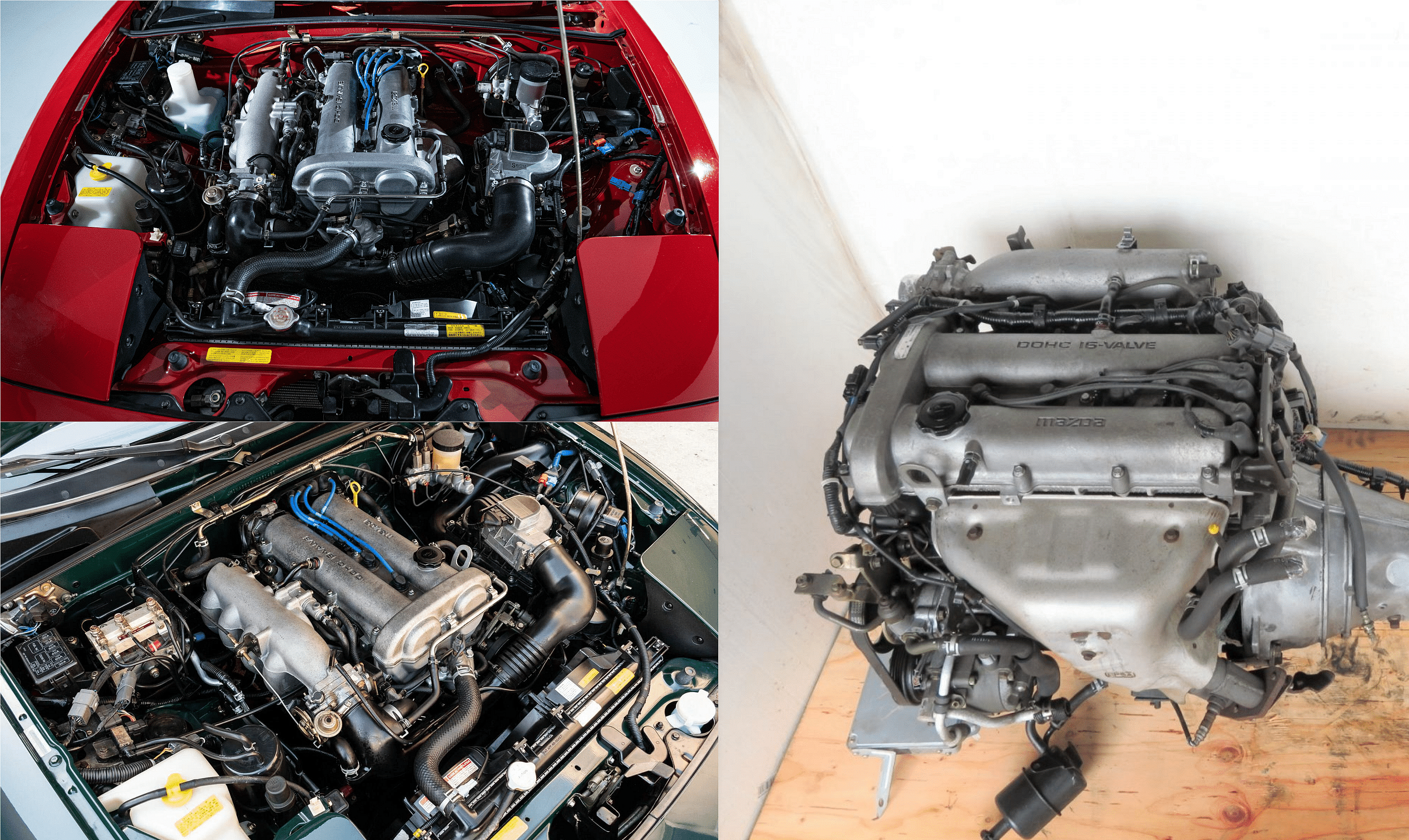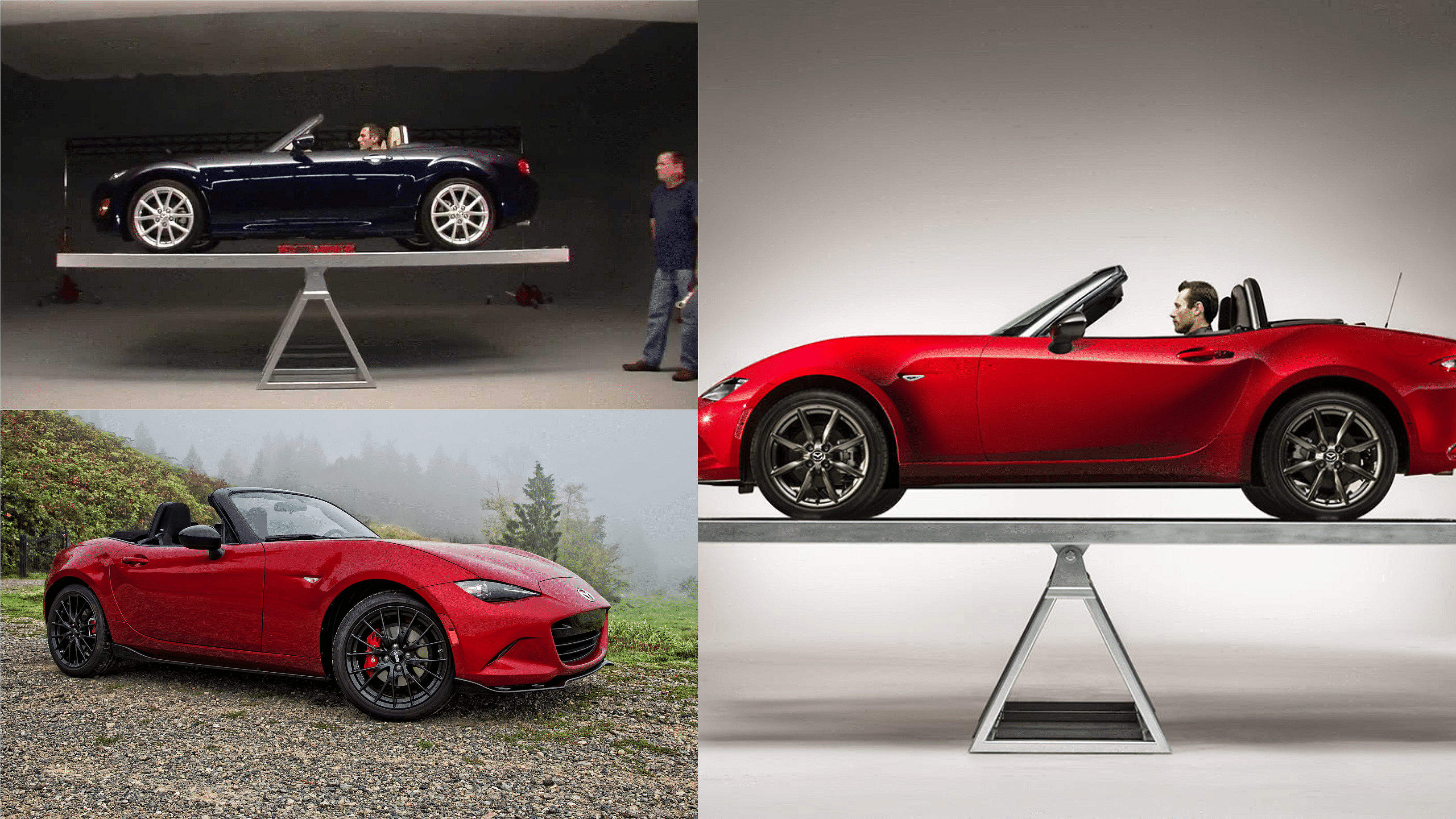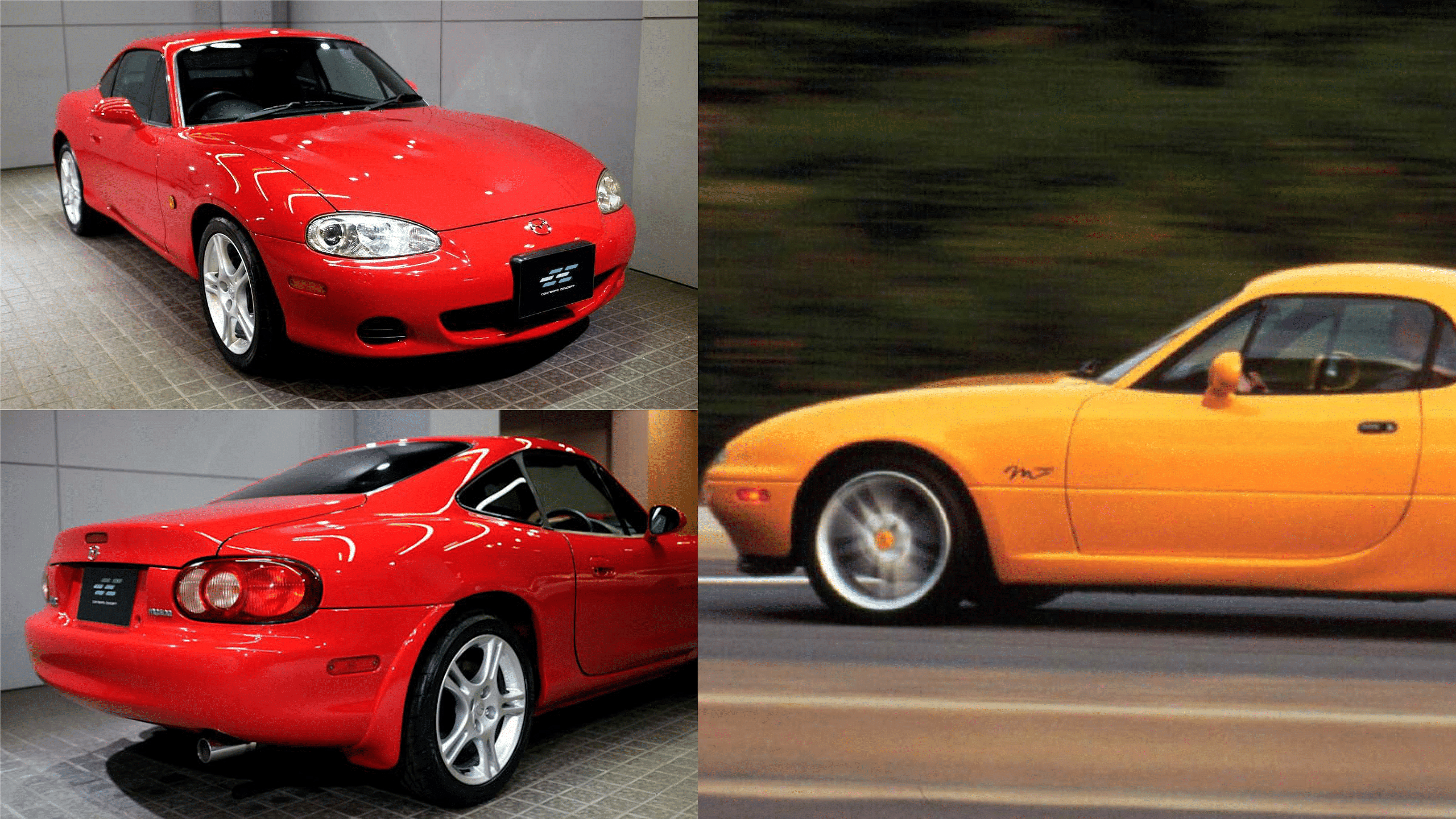Top 10 Facts You Need To Know About The Mazda MX-5 Miata
The Mazda MX-5 Miata is a star-studded sports car from the late 90s. Carrying the signature athletic driving traits of Mazda vehicles, the Miata became an instant hit after its launch. However, its rapid success came after years of research and development though. Even at present, the Miata holds its value quite well and there are a few that actually equals the car in every aspect.
Published February 2, 2024

Staying true to Mazda’s design mantra, Jinba Ittai, throughout its production run, the Mazda MX-5 is one remarkable machine. First launched in 1997, the design and development phase of the Miata began way back in 1981. Spanning over four generations, the Miata is still a popular choice in its segment. Even at present, the prime rivals of the Miata are either more expensive or lack the exact fun factor of it.
Mazda always went with compact engines in the case of the Miata to keep its iconic 50:50 weight distribution intact, a trait the Miata was born with. Available only in a convertible mode, the Miata also holds the Guinness World Record as the highest-selling sports car of all time as well. Below, we’ll take a look at the top 10 facts about the Miata.
10. The Miata’s idea was a result of an auto journalist’s advice!
Bob Hall was the man responsible for planting the idea of a small roadster into the minds of Kenichi Yamamoto and Gai Arai, the then R&D head of Mazda. According to Bob, he wished to see an inexpensive sportscar that would offer endless open-top fun with exceptional driving experience, just like old British open-top sports cars offered.
9. The design phase of the Miata lasted quite long
The Mazda MX-5 Miata’s design, research, and development phase started way back in 1982. After years of design and prototypes, the car was finally launched in 1989. During the design phase, the car was proposed to be a mid-engined rear-wheel drive or a front-engine and front-wheel drive layout by the Japanese design teams at Mazda’s California design studio. However, the Californian team’s Duo 101 concept won against all odds and was the engine-wheel drive layout car.
8. Lotus Elan inspired the Miata heavily

Since the idea behind the Miata originated from British sports cars, the Miata’s design was heavily inspired by one. None other than the popular Lotus Elan’s design was the benchmark set while designing the Miata. It is evident from the “happy face” front fascia along with the pop-up headlamps on the first generation MX-5.
7. The Miata was slated to have only one engine option

During its final launch phase, Mazda engineers planned to equip the MX-5 with only one engine, a 1.6-liter naturally breathing I-4 code-named, B6ZE. The car was eventually launched with the same motor as well. However, soon after it hit the roads, plenty of owners complained about the motor’s lack of power. Later, a bigger 1.8-liter I-4 was developed and launched.
6. The car has a perfect 50:50 weight distribution

Only a handful, yes, only a handful of cars across the globe have ever managed to achieve this feat. But for an inexpensive car such as the Miata, the perfect 50:50 weight distribution was almost revolutionary. It was achieved primarily with the front engine rear wheel drive layout and the two-seater configuration of the Miata. Due to this, the MX-5 is a natural-born great handling machine.
5. Mazda experimented on the Miata with a turbo I-4
While the Miata’s USP was the naturally aspirated I.6-liter and I.8-liter engines, Mazda did experiment with a turbocharged version of them. Only for a brief time though. The experiment did not work out and the Miata was released with a supercharged version of the 1.6-liter motor under the hood of a special edition, the B-Spec.
4. The Miata also saw a coupe body style

Just like the limited production turbocharged MX-5, Mazda considered and launched a coupe version of the car as well. However, only 179 units of the coupe were ever produced. However, all of them were sold in the Japanese domestic market only.
3. Mazda tested the MX-5 with its iconic rotary engine
The legacy of the Mazda RX-7 and the RX-8 needs no further introduction. Naturally, during the Miata’s design and development phase, the brand tested the car with its rotary motor. Moreover, the rotary power plant was designed to run on hydrogen. Eventually, the concept was scrapped, primarily because the rotary motor was reserved for the R-Series cars.
2. The Miata was planned to arrive as an EV too!
Like other crazy experimental ideas, engineers at Mazda decided and build an electric prototype of the MX-5 too! However, the EV tech was at a pre-nascent stage back then. The Miata’s electric powertrain managed to achieve a driving range of around 60 miles only. The excruciatingly long charging times hit the final nail into the concept’s coffin.
1. The 2016 MX-5 received RX-8’s steering system

The Mazda RX-8 is still loved by purists due to its lovable rotary motor and impeccable handling. The car has a brilliant steering system that consists of a dual-pinion design. The system wasn’t shared with any other Mazda vehicle until the 2016 MX-5.
Write a comment
Comments
No Comments Yet






